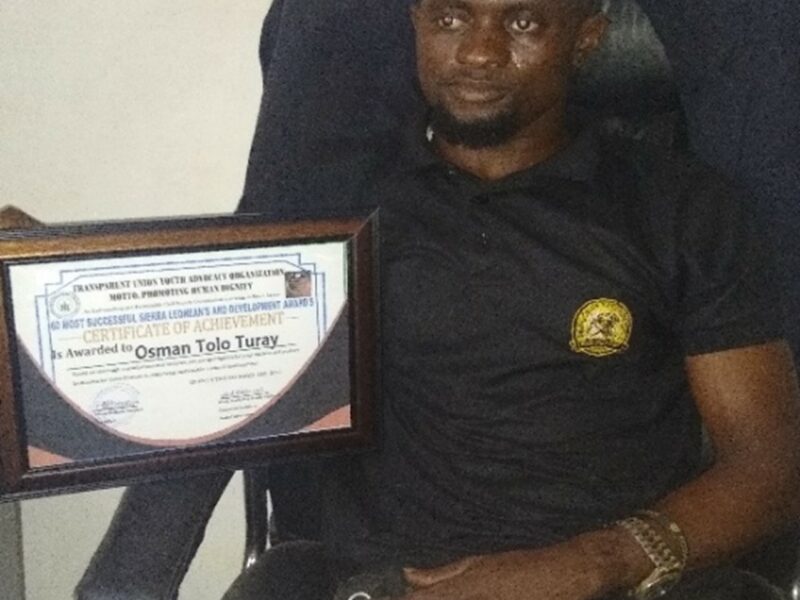Love of Wisdom
Philosophy means love wisdom. But it enjoys none of the glamor that its definition would imply. For instance, in one of the board games that I played with the kids recently, the chance card that would make you bankrupt actually read, ‘Turn into a philosopher and lose all your money!’ This card was particularly troubling for me because I do plan to take up philosophy seriously, hopefully soon. (Photo: Manoj Thulasidas)
The lack of correlation between wisdom and worldly rewards is unsettling, especially to those who are foolish enough to consider themselves wise. Why is it that the love of wisdom wouldn’t translate to glory, riches and creature comforts? The reason, as far as I can tell, is a deep disconnect between philosophy and life – as a wise (but distinctly un-philosophical) friend of mine put it in one of those hazy late-night stupors of the graduate years, ‘Philosophy to real life is what masturbation is to sex.’ Yes, the masses see the love of wisdom as pointless intellectual masturbation. This view is perhaps echoed in what Russell said once:
“The point of philosophy is to start with something so simple as not to seem worth stating, and to end with something so paradoxical that no one will believe it.” Bertrand Russell
Philosophy busies itself with things that seem obvious, to come up with something grandiose. This apparent obsession with trivialities is a false impression. Dispelling this impression is the purpose of this post. Let me start by pointing out one fact. Philosophy is at the root of everything that you do. You live a good, moral life? Or even a lousy, greedy one? Your behavior, choices and reasons are studied in Ethics. You are a quant, or do stuff technical or mathematical? Logic. Into physics and worship Einstein? You cannot then ignore the metaphysical aspects of space and time. Lawyer? Yeah, Rhetorics. Knowledge worker? Epistemology defines what knowledge is. Artist? Fashion designer? Work in the movie industry? We got you covered in Aesthetics. You see, every avenue of human endeavor has a philosophic underpinning to it.
Pointing out this underpinning is, in reality, not as big a deal as I make it out to be. It is merely a matter of definition. I define philosophy to be whatever it is that ‘underpins’ all aspects of life, and then point out this underpinning as evidence of its importance. The real value of philosophy is in structuring our thoughts and guiding them, for instance, in perceiving the speciousness and subtle circularity of my underpinning-therefore-important argument. Philosophy teaches us that nothing stands on its own, and that there are structures and schools of thought that illuminate questions that befuddle us. There are scaffolds to support us, and giants on whose shoulders we can stand to see far and clear. To be sure, some of these giants may be facing the wrong way, but it is again the boldness and independence that come with philosophy that will help us see the errors in their ways. Without it, learning becomes indoctrination, and in our quest to assimilate information into wisdom, we get stuck somewhere in between – perhaps at the level of knowledge.
All this discussion still doesn’t give us a clue as to the disquieting connection between philosophy and bankruptcy. For when a great man voices his existential anguish as, “I think, therefore I am,'”we can always say (as we often do), “Good for you mate, whatever works for you!” and go about our life.
Love of wisdom perhaps facilitates its acquisition, and the purpose of wisdom is only wisdom. It is very much like life, the purpose of which is merely to live a little longer. But without philosophy, how do we see the meaning of life? Or lack there of?
Dr. Manoj Thulasidas, Singapore About the Author: Dr. Thulasidas is the author of ‘Principles of Quantitative Development’ published by John Wiley & Sons Ltd. An ex-physicist from the European Organization for Nuclear Research (CERN), the author currently works as a senior quantitative professional at Standard Chartered in Singapore. The views expressed in this column are his own, which have not been influenced by considerations of his employer’s business or client relationships. More information about the author and his books can be found at his blog: www.Thulasidas.com.Stay with Sierra Express Media, for your trusted place in news!
© 2010, https:. All rights reserved.






